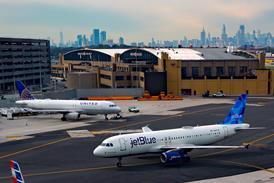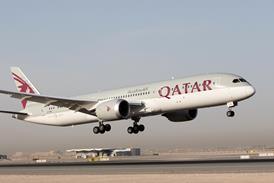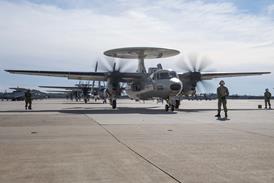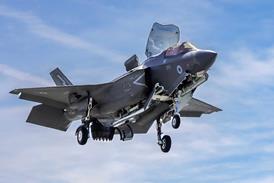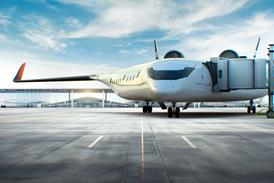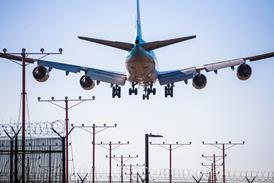Israeli flag-carrier El Al has started restoring operations, after the airspace around Tel Aviv Ben Gurion airport was re-opened for normal flight activity.
El Al and other Israeli carriers were forced to ground regular services when the country’s airspace was shut, as Israeli forces commenced a military air campaign against Iranian targets on 13 June.
The carrier estimates the impact of the grounding amounted to $4 million per day.
“This estimate depends, among other things, on factors and calculations for which there is no certainty at this time,” it adds.
It expects a return to its “full routine…in the coming days”, although recovery in demand to pre-conflict levels is likely to take longer.
“The effects of [the military operation] on the company have not yet been definitively established,” says El Al.
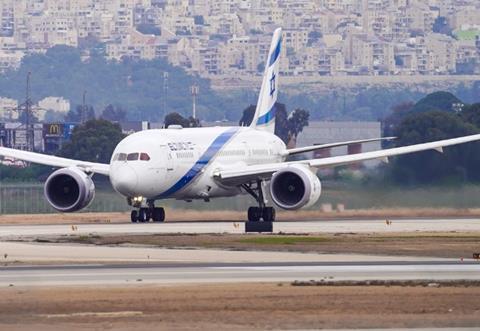
Israel’s government is set to provide up to $8 billion in state guarantees to cover war-risk insurance for airlines, through a combination of previously-approved frameworks.
The finance committee of Israel’s parliament, the Knesset, says the two-year measure is intended to “ensure continuity of operations” by both Israeli and foreign carriers.
It has approved the merger of a $6 billion guarantee framework from October 2023 relating to the conflict in Gaza and a $2 billion guarantee from March 2022 relating to flights on Israeli-Russian routes following the Russian invasion of Ukraine.
The guarantee is being provided to insurance firm Inbal, to offset any cancellation or reduction in insurance cover.
While Israeli airlines will be able to resume flights following the re-opening of the country’s airspace, the broader regional instability is continuing to deter foreign carriers.
According to the finance committee, the state guarantee framework is intended to encourage operators to maintain services to Israel after insurers warned that war-risk cover would be withdrawn.
The separate guarantees from 2022 and 2023 will be “merged into a single guarantee” which would also extend to the Iranian campaign, the committee says.
This is for the purpose of insuring war risk for “Israeli and foreign airlines” in order to “maintain the economic and functional continuity” of transport to and from Israel, it adds.

